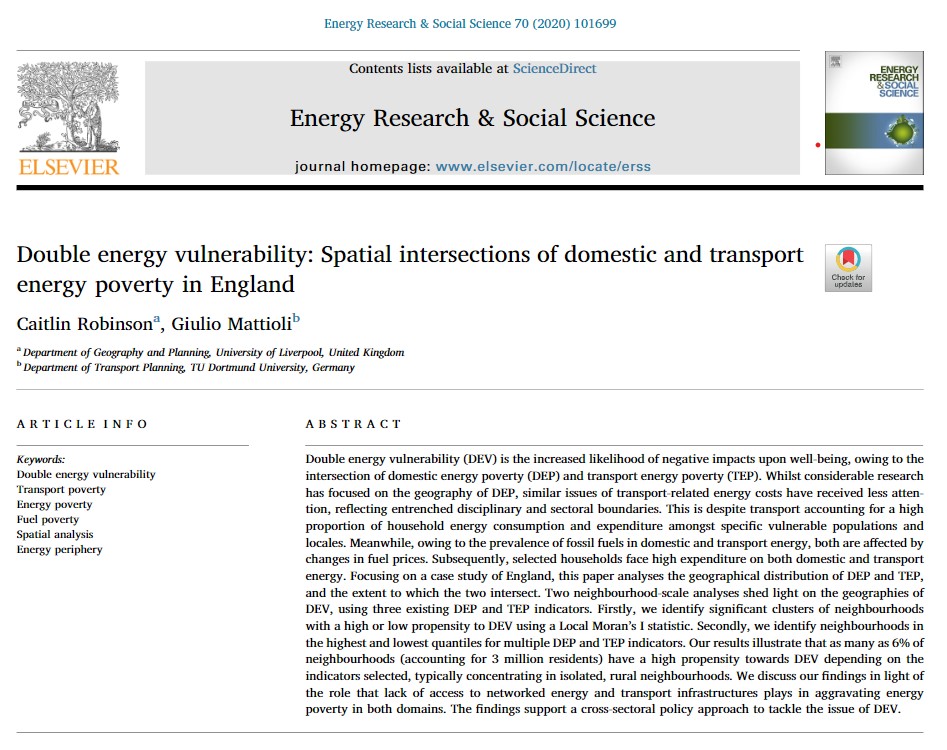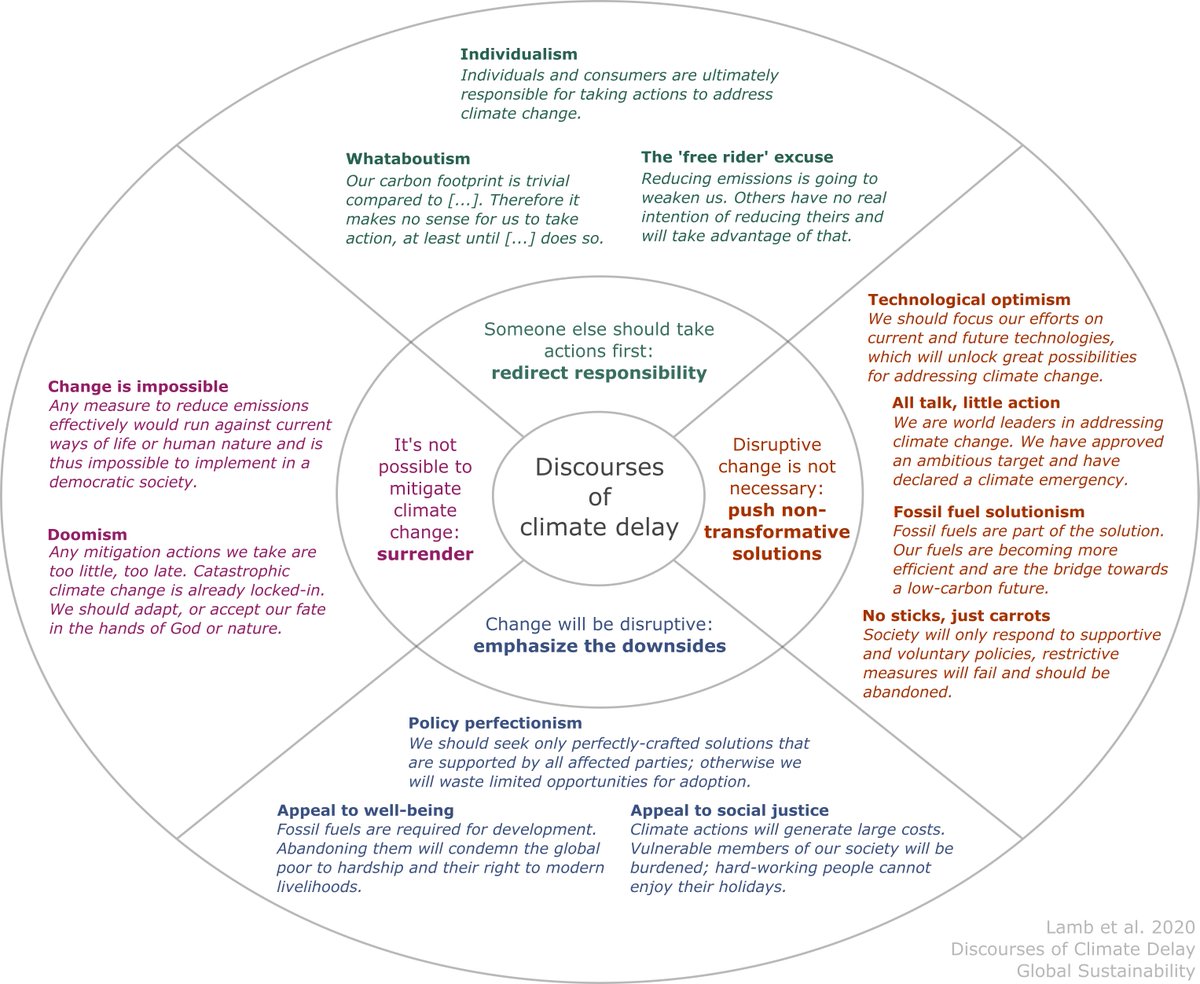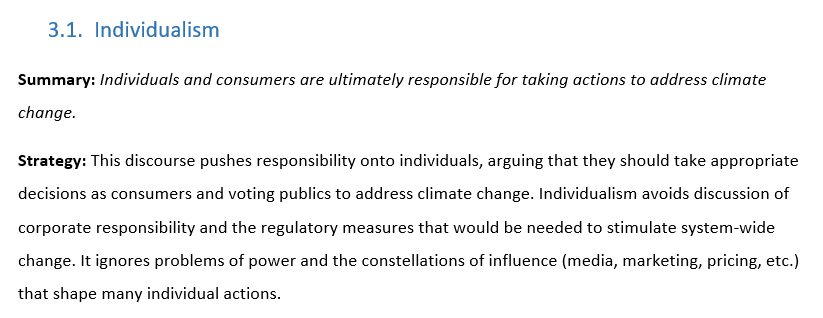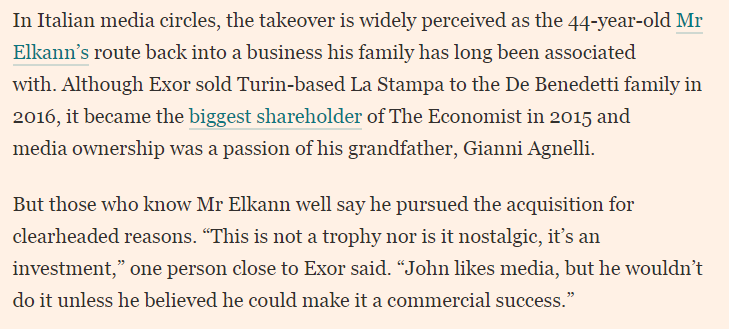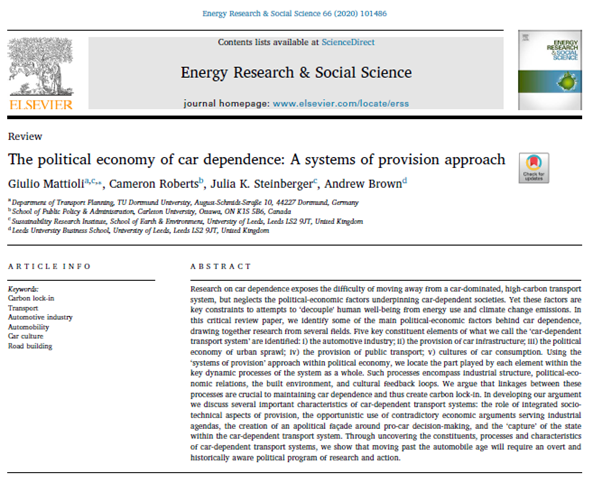
The German government is pretty keen on (talking about) eFuels re: decarbonising transport. Good thread here on why it look like a bad idea.
https://twitter.com/AukeHoekstra/status/1314270153853546504
In a nutshell ⬇️
https://twitter.com/AukeHoekstra/status/1314270168369987586
It is of course *entirely possible* that the enamourment with eFuels is not authentic, but more a means to an end (= avoiding any move away from the internal combustion engine).
That would make this a "discourse of climate delay" (see paper & thread ⬇️
That would make this a "discourse of climate delay" (see paper & thread ⬇️
https://twitter.com/giulio_mattioli/status/1278792558769037333
As this article puts it, from the perspective of (many) German politicians, the best advantage of eFuels is that... they allow the German car industry to just keep doing what it does wiwo.de/technologie/fo… 

So I think we should read what Merz says carefully.
He says "we shouldn't ban the Internal Combustion Engine otherwise we'll miss the eFuels train". But what he's really saying is probably "we should (pretend to) hope for eFuels, so that we can avoid banning ICEs"
He says "we shouldn't ban the Internal Combustion Engine otherwise we'll miss the eFuels train". But what he's really saying is probably "we should (pretend to) hope for eFuels, so that we can avoid banning ICEs"
• • •
Missing some Tweet in this thread? You can try to
force a refresh



